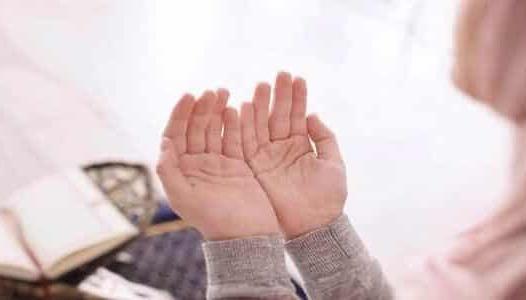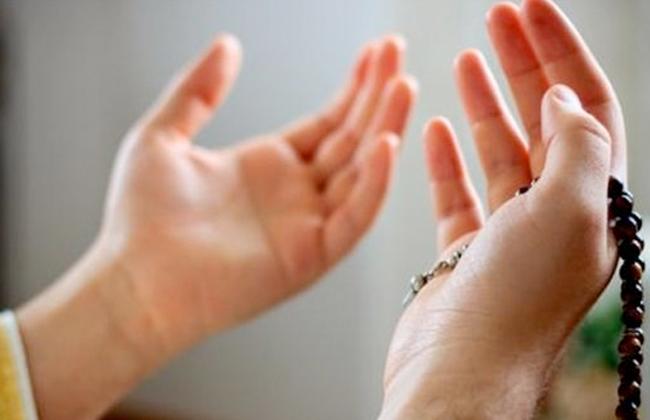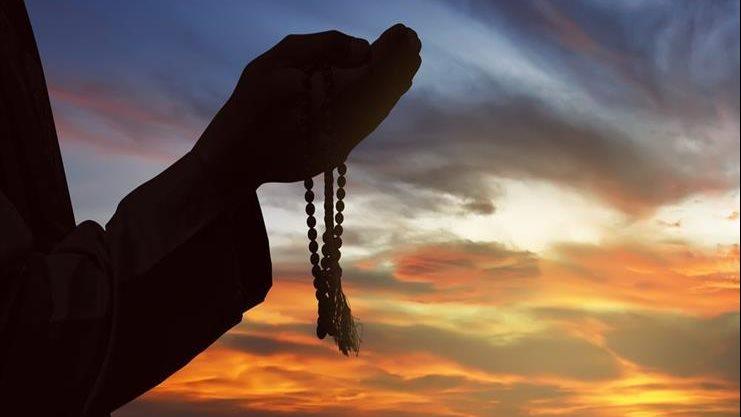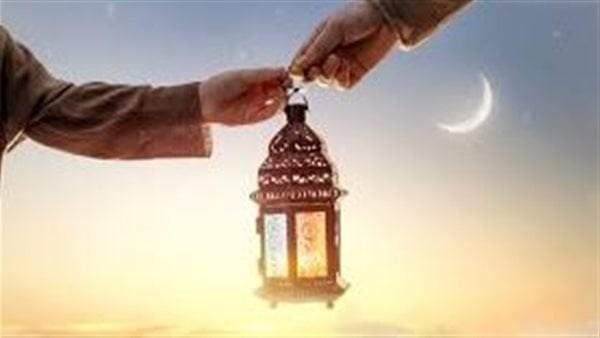Egypt’s Dar Al-Iftaa: Bribery Is a Major Sin That Blocks Prayers
Egypt’s Dar Al-Iftaa confirmed that bribery is one of the major sins in Islam and deprives a person of answered prayers, explaining the difference between bribery and gratuity and the ruling on paying money to get things done.

Egypt’s Dar Al-Iftaa declared that bribery is a major sin condemned in Islam, warning that anyone who engages in it deprives themselves of divine blessings and answered prayers, as it involves consuming people’s wealth unlawfully. The institution cited the Prophet Muhammad’s saying: “Purify your food, and your prayers will be answered” (reported by Al-Tabarani).
Sheikh Awaida Othman, Secretary of Fatwa at Dar Al-Iftaa, explained that both the Qur’an and the Sunnah explicitly forbid bribery in all its forms. He referred to the verse: “Do not consume one another’s wealth unjustly”, and to the Prophet’s words: “Allah has cursed the briber, the one who takes the bribe, and the intermediary between them.” He stressed that anyone who gives money to a public employee to facilitate personal matters commits a sin, and the same applies to the one who accepts it.
Othman noted that the habit of bribery has spread dangerously in society as a way to speed up administrative work, corrupting institutions and eroding ethics. He urged citizens to refuse such acts and report any employee who delays work for money, emphasizing that standing against corruption is a religious and moral duty.
He clarified the difference between bribery and gratuity, saying that bribery is money paid to gain unfair advantage or to secure a right through unlawful means, while a gratuity is a voluntary payment after a service has been completed without prior request or expectation. Changing the name — calling it “a tip” or “tea money” — does not change its ruling; it remains forbidden if it leads to injustice or exploitation.
Dar Al-Iftaa concluded by reminding people to seek lawful earnings and avoid any form of bribery, noting that laws alone cannot eliminate corruption; only strong moral and spiritual awareness can preserve justice and integrity in society.
تعرف على الأذكار المستحبة بعد صلاة العشاء وأثرها في صفاء النفس ونيل الأجر العظيم.
الشيخ عويضة عثمان يوضح أن شعور الإنسان بأن الله لن يغفر له هو وسوسة شيطانية هدفها إضعاف الإيمان واليأس من رحمة الله بعد التوبة.
مجموعة من أذكار المساء النبوية الكاملة التي تحفظ النفس وتمنح القلب سكينة وطمأنينة، كما وردت عن النبي صلى الله عليه وسلم لتكون حصنًا للمؤمن طوال الليل.
بدأ العد التنازلي لشهر رمضان 2026 الذي ينتظره المسلمون بشوق، ومع اقتراب الموعد، كشفت الحسابات الفلكية أن أول أيام الشهر المبارك سيكون يوم الأربعاء 18 فبراير 2026، على أن يتم التأكد من ذلك عبر الرؤية الشرعية لهلال الشهر الكريم.




